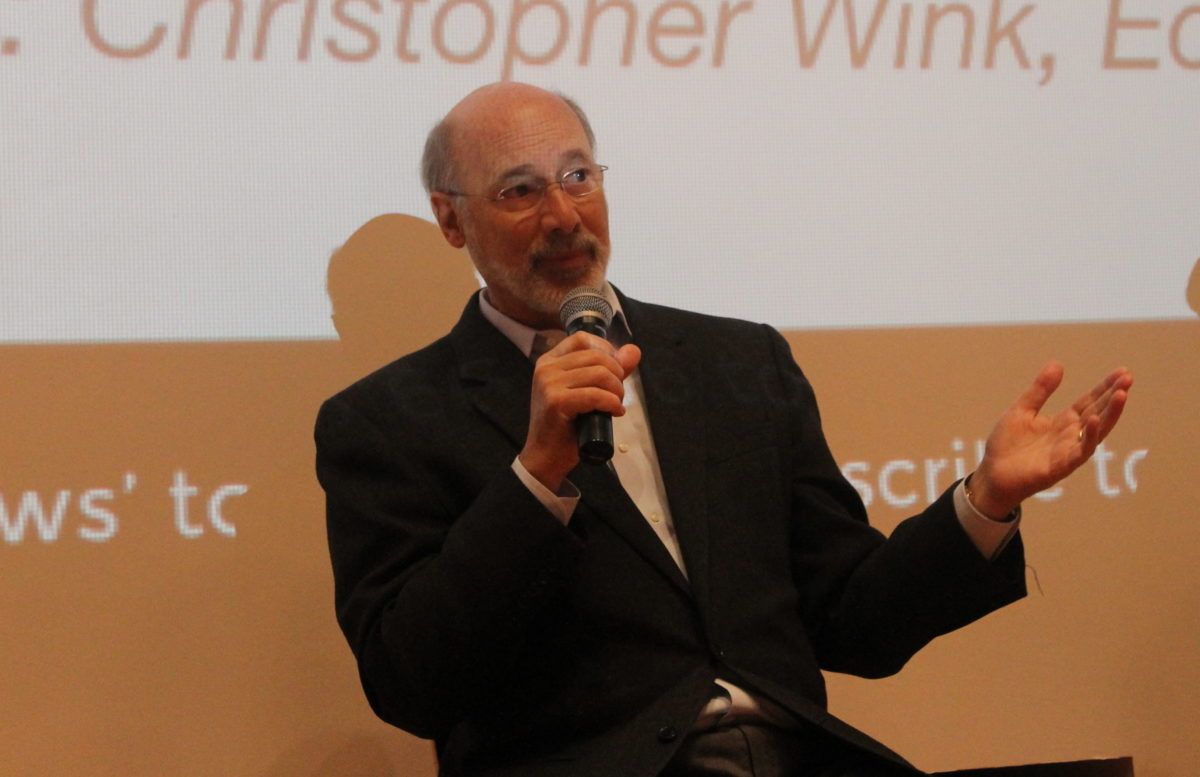It’s been three solid months since the Philadelphia region first felt the effects of the coronavirus pandemic, and although some businesses are in the beginning phases of reopening, many are still hurting badly.
The federal government and the City of Philadelphia have offered relief programs in the form of grants and loans up to this point, but recovery for many businesses will be a long road. Earlier this week, the National Bureau of Economic Research has officially called the U.S.’s economic downturn a recession. And although we will likely see a recovery sooner than we have with previous recessions, the bureau’s Business Cycle Dating Committee declared this downturn so severe it earns the recessionary title anyway.
Still, more resources for small businesses are coming: This week, Gov. Tom Wolf announced that there would be $225 million in funding available via grants for small businesses that were impacted by the public health crisis and subsequent business closure order.
The funding was developed with state lawmakers and allocated through the recently enacted state budget, which includes $2.6 billion in federal stimulus funds through the Coronavirus Aid, Relief, and Economic Security (CARES) Act. Of that $2.6 billion, $225 million was earmarked for relief for small businesses, the governor’s office said in a statement.
“We need to provide assistance for those who were hurt by the pandemic and the resulting economic downturn,” Wolf said. “This new program will provide direct support to impacted businesses to cover operating expenses during the shutdown and the transition to reopening.”
The Department of Community and Economic Development will distribute the funds to community development financial institutions (CDFIs), which will then administer the funding in the form of grants to the small businesses.
Eligible businesses can use the grants to cover operating expenses during the shutdown and the cost of transitioning to reopening. Businesses can also use the money for technical assistance, like training and guidance for business owners, as they ready to relaunch their businesses.
There will be three programs serving different types of businesses:
- Main Street Business Revitalization Program ($100 million) — Offered to small businesses that have experienced loss as a result of the governor’s closure of all non-life-sustaining businesses and “have or will incur costs to adapt to new business operations related to COVID-19”
- Historically Disadvantaged Business Revitalization Program ($100 million) — Offered to small businesses that have also experienced loss as a result of the business closure order, and in which “socially and economically disadvantaged individuals own at least a 51 percent interest and also control management and daily business operations”
- Loan Payment Deferment and Loss Reserve Program ($25 million) — Allows CDFIs to offer “forbearance and payment relief for existing portfolio businesses that are struggling due to the impact of COVID, as well as shore up the financial position of the CDFIs that are experiencing significant increased defaults in their existing loan portfolios”
The Philadelphia Inquirer reported that business with less than $1 million in sales or less than 25 employees will be able to apply for help, and grants are expected to be offered at $5,000 to $50,000 per business. The community organizations hope to have a standard website up for applications by the end of June, and grants should start to flow within a few weeks.
“For months, my office has worked with a network of trusted community organizations that have a proven track record of working with our small businesses, the CDFIs, to find a solution to assist our neighborhood businesses,” said State Sen. Vincent Hughes, who represents parts of Montgomery and Philadelphia counties. “I believe these programs are that solution. There is still more work to be done, but these programs are a win for Pennsylvania and its small businesses.”







